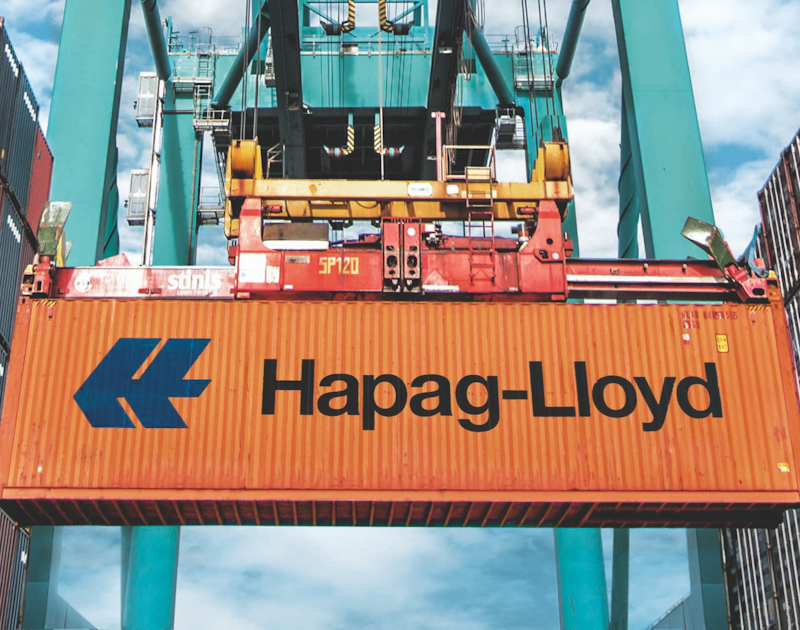![]() We all must admit that owning a fleet of cars can be challenging. Imagine not trusting anyone else but you to keep tabs on your fleet.
We all must admit that owning a fleet of cars can be challenging. Imagine not trusting anyone else but you to keep tabs on your fleet.
The big question is, what happens when you travel? Who will keep track of them? Who will ensure that the cars are not mishandled by the staff? What happens when you have no one else to rely on? All these questions must be considered if you care about the safety of your cars.
In today’s fast-paced and competitive business environment, efficient tracking and fleet management are critical components for organizations relying on transportation and logistics. Whether it is a small business managing a few delivery vans or a large corporation overseeing hundreds of vehicles, tracking and fleet management solutions are indispensable tools for optimizing operations, reducing costs, and improving customer satisfaction.
In Kenya, fleet owners often encounter challenges such as fuel theft (siphoning), inadequate vehicle maintenance, inefficient route usage, leading to unnecessary losses, and a lack of technology adoption for fleet monitoring. Fleet management involves the administration, control, and optimization of a company’s vehicle fleet.
This encompasses tasks such as vehicle tracking, maintenance scheduling, fuel management, driver monitoring, and compliance with legal and regulatory requirements. By leveraging advanced technologies like GPS tracking and telematics, fleet management systems provide real-time data and insights to streamline operations and enhance efficiency.
Below are some of the reasons why tracking and fleet management are essential for a fleet owner:
Improved Efficiency
Tracking and fleet management technology aids in planning the most efficient routes, minimizing travel time and fuel consumption. Recurring cases of drivers going off-route have increased over time. However, this can be managed by the use of real-time GPS tracking, which enables fleet owners to monitor vehicle locations and statuses at any given moment. This facilitates better route planning, reduces idle time, and ensures faster deliveries, resulting in customer satisfaction. Dynamic route optimization also helps drivers avoid traffic congestion, minimizing delays and resulting in significant time and fuel savings.
Improved Safety and Compliance
Tracking systems monitor driver behaviour, including speed, braking patterns, and adherence to road regulations. These tracking systems help in keeping tabs on your cars in real time. By identifying risky behaviours, businesses can implement targeted training programs to enhance safety.
Also, most of the surveillance systems provided by the security firms are normally equipped with alarms that give real-time alerts that notify you and the control room of the security firm of any suspicious activities, enabling quick responses to potential threats. Additionally, automated compliance tracking ensures that vehicles meet legal requirements, such as licensing, insurance, and emissions standards.
Reduced Costs
Fleet management solutions reduce operational costs by optimizing fuel consumption, cutting maintenance expenses through predictive maintenance alerts, and minimizing unauthorized vehicle use. By analysing vehicle performance data, businesses can identify inefficiencies and implement corrective measures to enhance cost-effectiveness.
Improved Customer Satisfaction
Running a courier or delivery business? In this age of instant gratification, timely deliveries are crucial for customer satisfaction. Real-time tracking allows businesses to provide accurate delivery estimates and proactively communicate updates to customers via their phones. This transparency builds trust and enhances the overall customer experience.
Tracking and fleet management are indispensable for businesses seeking to optimize operations, enhance customer satisfaction, and achieve long-term success. By investing in advanced fleet management solutions and addressing associated challenges such as resistance to change and data security concerns, companies can unlock significant value and maintain a competitive edge in their industries.
As technology continues to evolve, the future of fleet management promises even greater efficiencies and innovations, paving the way for a smarter and more sustainable transportation ecosystem.
By SGA Kenya Tracking Manager, Jeremy Nzomo




